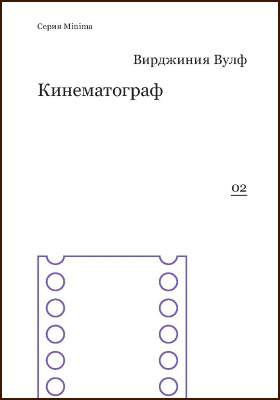На маяк = To the Lighthouse
Год: 2005
Место издания: Санкт-Петербург
ISBN: 5-94962-102-6
Страниц: 160
Артикул: 58348
Возрастная маркировка: 16+
Содержание книги "На маяк"
THE WINDOW
1
2
3
4
5
6
7
8
9
10
11
12
13
14
15
16
17
18
19
TIME PASSES
1
2
3
4
5
6
7
8
9
10
THE LIGHTHOUSE
1
2
3
4
5
6
7
8
9
10
11
12
13
14
Все отзывы о книге На маяк : на английском языке
Отрывок из книги На маяк : на английском языке
To the Lighthouse easily though she might have said at some moment of intimacy when stories of great passion, of love foiled, of ambition thwarted came her way how she too had known or felt or been through it herself, she never spoke. She was silent always. She knew then — she knew without having learnt. Her simplicity fathomed what clever people falsified. Her singleness of mind made her drop plumb like a stone, alight exact as a bird, gave her, naturally, this swoop and fall of the spirit upon truth which delighted, eased, sustained — falsely perhaps. ("Nature has but little clay," said Mr Bankes once, much moved by her voice on the telephone, though she was only telling him a fact about a train, "like that of which she moulded you." He saw her at the end of the line, Greek, blue-eyed, straight-nosed. How incongruous it seemed to be telephoning to a woman like that. The Graces assembling seemed to have joined hands in meadows of asphodel to compose that face. Yes, he would catch the 10:30 at Euston. "But she's no more aware of her beauty than a child," said Mr Bankes, replacing the receiver and crossing the room to see what progress the workmen were making with an hotel which they were building at the back of his house. And he thought of Mrs Ramsay as he looked at that stir among the unfinished walls. For always, he thought, there was something incongruous to be worked into the harmony of her face. She clapped a deer-stalker's hat on her head; she ran across the lawn in galoshes to snatch a child from mischief. So that if it was her beauty merely that one thought of, one must remember the quivering thing, the living thing (they were carrying bricks up a little plank as he watched them), and work it into the picture; or if one thought of her simply as a woman, one must endow her with some freak of idiosyncrasy — she did not like admiration — or suppose some latent desire to doff her royalty of form as if her beauty bored her and all that men say of beauty, and s...
Книги серии
С книгой "На маяк" читают
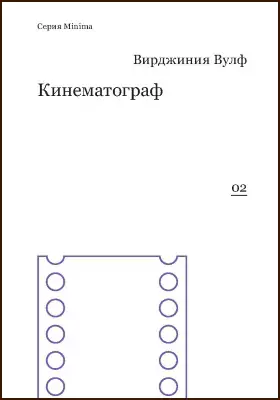

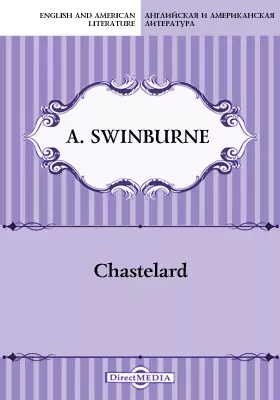






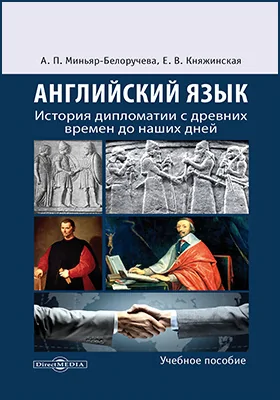






Бестселлеры нон-фикшн


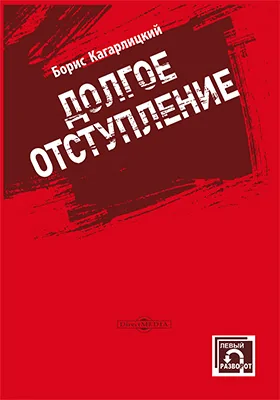





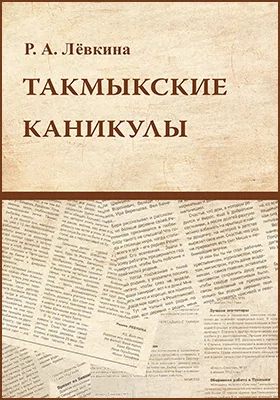



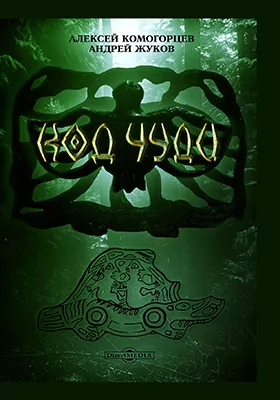
Новинки книги нон-фикшн










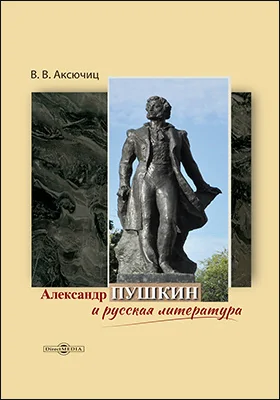


Вулф В. другие книги автора
и мы свяжемся с вами в течение 15 минут
за оставленную заявку




